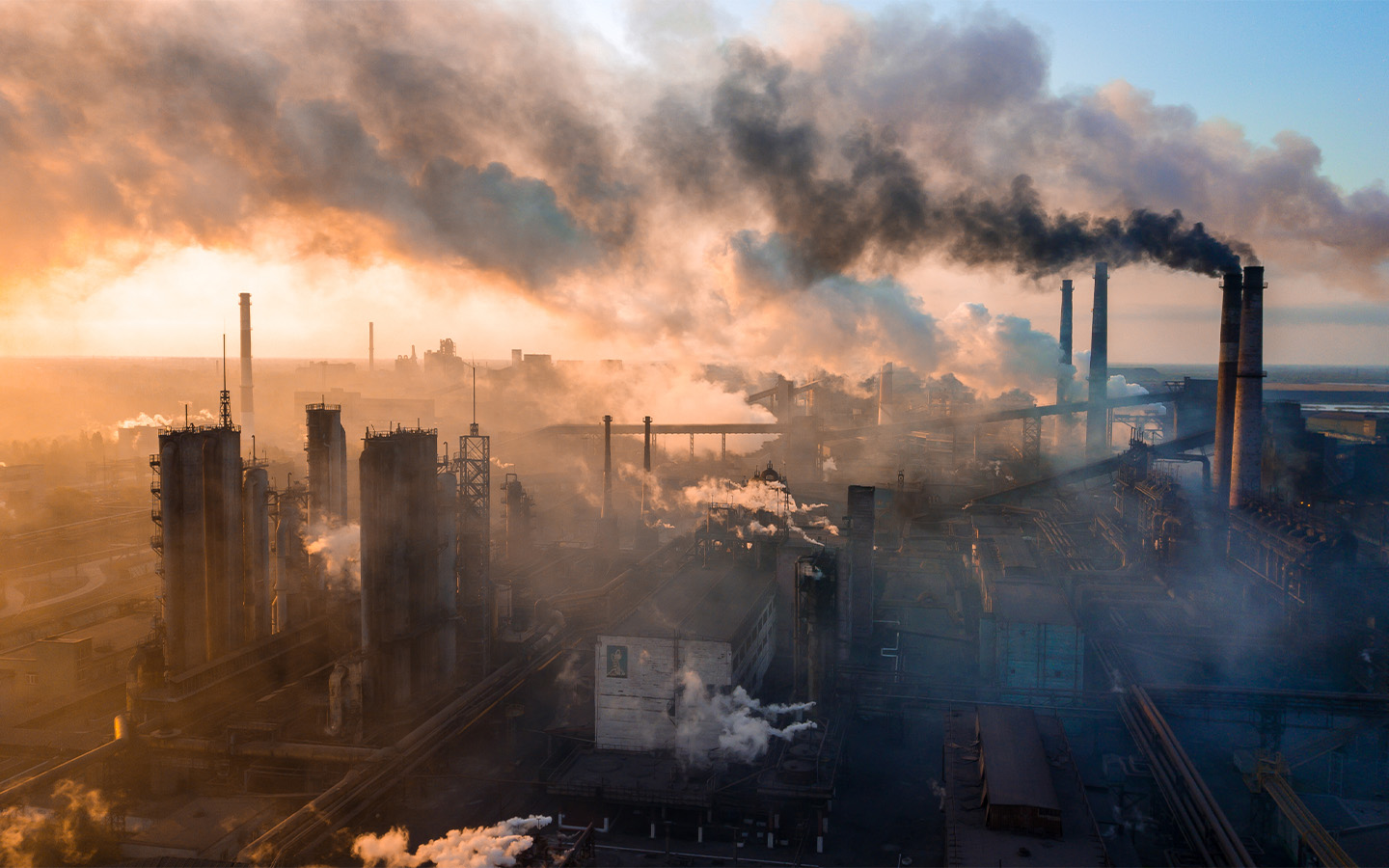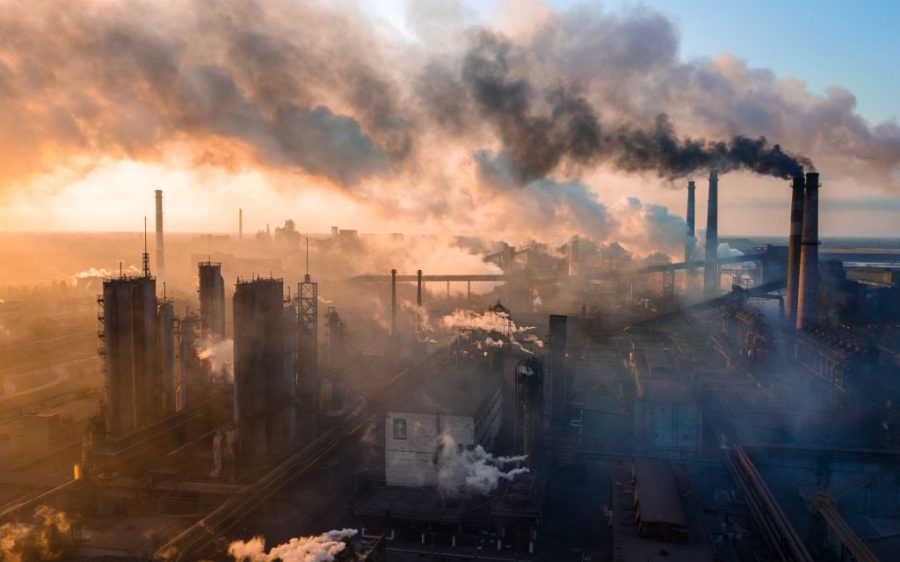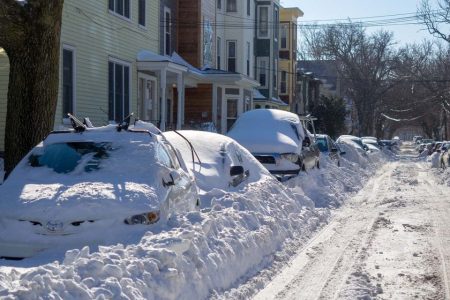Two papers published Monday in the journal Nature Climate Change offer mounting evidence that the world is on track to breaching the Paris climate agreement goal of restricting warming to 1.5°C.
The 196 countries that signed the Paris Agreement agreed to keep global warming to well below 2°C above pre-industrial levels, with the ambition of limiting warming to 1.5°C. Even at this lower threshold, scientists warn that humans and ecosystems will struggle to adapt to extreme heat, drought, floods and fires driven by a warming world.
At 2°C, millions more would be at risk and the possibility of triggering catastrophic tipping points, including the ice sheet melting and the death of the world’s coral reefs, rises significantly.
One of the papers, a study from research scientist Alex Cannon at Environment and Climate Change Canada, used climate model simulations to conclude that there was a 60 to 80 percent chance that the Earth already crossed the threshold back in June 2024. If the world experiences 18 consecutive months at or above that 1.5-degree limit, he warns, it will be “virtually certain” that the Paris agreement has been breached.
[See more: The economic cost of climate change may be far higher than previously thought]
The second paper, led by Emanuele Bevacqua, a climate scientist at the Helmholtz Centre in Germany, used real-world climate data and climate modelling to address the same question. It found that if trends continue, it’s almost certain 2024 marked the breaching of the Paris climate goal.
Daniela Schmidt, professor of Earth sciences at the University of Bristol, told CNN that while the papers are a cause for alarm, fixating solely at 1.5°C holds its own dangers as it “has the real risk of reducing actions, demotivating all of us” if it is surpassed.
If humankind loses the ambition to make real, significant changes to curb warming, she explained, the planet will remain on the current warming trajectory of around 2°C. “Such warming has immense, and in parts irreversible consequences for nature and people.”
Richard Allen, a climate science professor at the University of Reading, meanwhile told CNN, “We need to double down efforts to avoid the even more dangerous 2°C threshold by rapidly and massively cutting greenhouse gas emissions.” With President Donald Trump pulling the US – the world’s biggest per capita polluter – out of the Paris Agreement, observers say it is more important than ever for other countries to step up.






